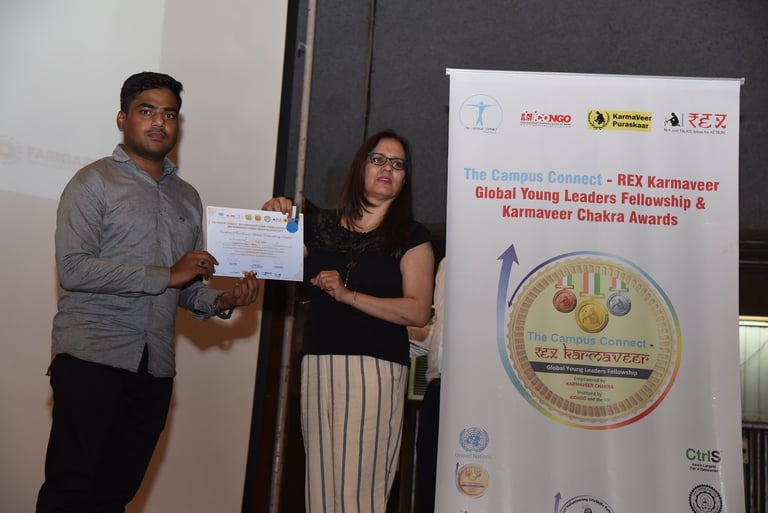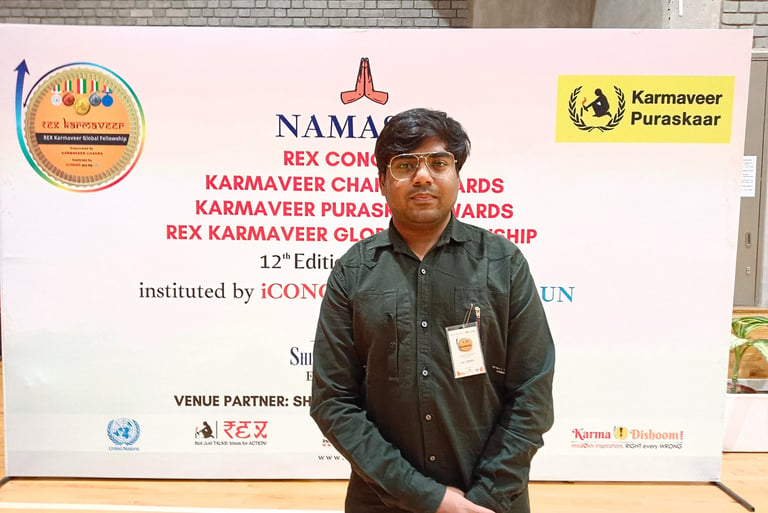Justice and democracy are not merely systems that organize societies; they are the silent architectures of human dignity. Justice gives form to fairness, and democracy gives voice to individuality. Together, they create a space where decisions are shaped not by the strength of a few, but by the collective wisdom of many. In that vast space of shared responsibility, leaders emerge not as commanders of authority, but as custodians of equilibrium.
Management, in its purest sense, mirrors this moral geometry. Whether guiding teams, designing strategies, or making decisions in uncertainty, one discovers that leadership is not a linear execution of control but an ethical negotiation between competing needs. It is a deliberate act of balancing efficiency with empathy, autonomy with accountability, ambition with inclusion. In this balance lies the quiet resonance of democratic values—every stakeholder matters, every voice encodes a piece of truth, every decision carries the weight of collective consequence.
The judiciary represents another essential layer of this understanding. It does not simply resolve disputes; it anchors the idea that all actions must withstand the scrutiny of principles. Rational decision-making, too, demands this discipline: every choice must be defensible, every process must remain transparent, and every outcome must serve a purpose larger than expedience. This judicial spirit teaches that integrity is not an afterthought but the backbone of sustainable leadership.
My aspiration to grow in environments where systems, people, and ideas converge arises from a belief that leadership is fundamentally a moral pursuit. It requires the ability to integrate conflicting narratives, to foresee long-term implications, and to uphold structures that enable others to thrive. Democracy teaches inclusivity; justice teaches responsibility; management teaches implementation; the judiciary teaches accountability. Together, they form an ecosystem of thought that shapes a leader who not only executes decisions but understands the humanity behind them.
In a world defined by rapid change, leadership must evolve into a discipline of synthesis. It must combine sensitivity with structure, logic with intuition, compassion with clarity. My journey so far has shown me that systems thrive not when they are efficient alone, but when they are fair, participatory, reflective, and just. To step into this evolving landscape is to acknowledge that decisions ripple beyond organizational charts—they influence societies, shape narratives, and define futures.
To capture this interconnectedness, I often think of leadership as a living equation—one that embodies ethics, choice, consequence, and intention. If I were to express its essence mathematically, it would look something like this:
An expression not meant to be solved, but to be understood—just like leadership itself. Strong values, fairness, inclusive decision-making, low ego, disciplined systems, empathetic judgment, and consistent actions over time collectively create meaningful impact.







“True leadership begins where ego ends—at the intersection of justice, humility, and the courage to choose what is right when silence feels safer.”
